What Is The Significance Of The Crown In A Family? Unveiling Its Deep Symbolism
Let’s get real here for a sec, folks. The crown in a family isn’t just some shiny piece of jewelry. It carries so much weight—metaphorically speaking, of course. When we talk about the significance of the crown in a family, we’re diving deep into tradition, power, legacy, and even emotional ties. So, if you’ve ever wondered what makes a crown more than just a decorative accessory, buckle up because this is gonna be an eye-opening ride.
Now, think about it. Crowns have been around for centuries, and they’re not just for royalty. In families, the concept of a crown can represent so many things—authority, respect, and even the passing down of values from one generation to another. This isn’t just about wearing something fancy; it’s about the meaning behind it all. And trust me, the meaning runs deep.
And hey, don’t let the word "crown" throw you off. It doesn’t always have to be literal. Sometimes, it’s more about the idea of leadership or the role someone plays in the family. Whether it’s the matriarch or patriarch, or even the next generation stepping up, the crown symbolizes a lot more than meets the eye. So, let’s dive into this and see why it matters so much.
Read also:Discover The Power Of Butter Sugar Coffee A Comprehensive Guide
Understanding the Crown’s Role in Family Dynamics
Okay, so let’s break it down. The crown in a family isn’t just about looking good, although, let’s be honest, it does that too. It’s more about the role it plays in shaping family dynamics. Think about it like this: the crown represents authority, but it’s not just about being in charge. It’s about responsibility, accountability, and leading by example.
How the Crown Shapes Family Leadership
When someone wears the "crown" in a family, they’re expected to lead with wisdom and grace. This isn’t just about being the boss; it’s about guiding the family through good times and bad. And let’s be real, every family has its ups and downs. The crown bearer, whether it’s the head of the family or someone else, has the responsibility to keep everyone on track.
- Leadership isn’t just about making decisions; it’s about understanding the needs of everyone in the family.
- The crown symbolizes the trust that family members place in the leader to make the right choices.
- It’s about setting an example that others can follow, creating a positive family culture.
So, the next time you see someone stepping up to lead the family, remember that they’re not just wearing a crown—they’re carrying the hopes and dreams of everyone around them.
Historical Context: Where Did the Crown Come From?
Alright, let’s rewind a bit and talk about where this whole crown thing came from. Historically, crowns have been around for centuries, and they’ve always been symbols of power and authority. But when we talk about the crown in a family, we’re not just talking about kings and queens. We’re talking about the evolution of this symbol into something more personal and intimate.
The Evolution of the Crown in Family Traditions
Over time, the concept of the crown has adapted to fit different family structures and traditions. In some cultures, the crown is passed down as a physical heirloom, while in others, it’s more of a metaphorical role. Either way, the significance remains the same—it’s about honoring the past while paving the way for the future.
And here’s the thing: the crown doesn’t just represent the present; it’s also a connection to the past. It’s a reminder of where the family came from and the values that have been passed down through the generations. So, whether it’s a physical object or an idea, the crown plays a crucial role in preserving family history.
Read also:Exploring Elon Musks Partners And Kids A Comprehensive Look
The Emotional Weight of the Crown
Let’s talk about the emotional side of things for a moment. Wearing the crown in a family isn’t just about power; it’s about the emotional weight that comes with it. Think about it—when someone takes on the role of family leader, they’re not just making decisions; they’re dealing with the emotions and expectations of everyone around them.
Dealing with Expectations and Responsibilities
The crown bearer has to navigate a lot of tricky situations. They have to balance their own emotions with the needs of the family. And let’s be real, that’s not always easy. But the beauty of it is that the crown also gives them the strength to rise above the challenges and lead with compassion.
So, while it might seem like a lot of pressure, the crown also provides a sense of purpose. It reminds the leader that they’re not just doing this for themselves—they’re doing it for the family. And that’s a powerful motivator.
Symbolism Beyond the Physical Crown
Now, here’s the thing—sometimes the crown isn’t even a physical object. In many families, the crown is more of a metaphorical concept. It represents the values, traditions, and ideals that the family holds dear. And that’s where the real significance lies.
What Does the Crown Symbolize in Modern Families?
In today’s world, the crown can symbolize so many things. It can represent the family’s commitment to education, community involvement, or even just being there for each other. The crown is a reminder of what’s important to the family and what they stand for.
- For some families, the crown represents the importance of education and lifelong learning.
- For others, it’s about being active members of the community and giving back.
- And for many, it’s about fostering strong relationships and supporting each other through thick and thin.
So, whether it’s a physical crown or just an idea, the symbolism behind it is what truly matters.
The Passing of the Crown: A Rite of Passage
One of the most significant moments in a family’s history is the passing of the crown from one generation to the next. This isn’t just about handing over a piece of jewelry; it’s about transferring responsibility, wisdom, and legacy.
How Families Handle the Transition of Power
Every family has its own way of handling this transition. Some have formal ceremonies, while others do it more casually. But no matter how it happens, the passing of the crown is a momentous occasion. It’s a time to reflect on the past and look forward to the future.
And let’s not forget, this is also a time for the new crown bearer to step up and show what they’re made of. It’s a chance to prove that they’re ready to take on the responsibilities that come with the role. So, whether it’s a big event or a quiet moment, the passing of the crown is always special.
The Crown and Family Values
Now, let’s talk about how the crown ties into family values. The crown isn’t just about power or authority; it’s about living up to the values that the family holds dear. Whether it’s honesty, integrity, or kindness, the crown bearer is expected to embody these values and set an example for everyone else.
How the Crown Reinforces Family Values
When someone wears the crown, they’re not just representing themselves—they’re representing the entire family. This means that they have to live up to the values that the family stands for. And that’s no small task. But the good news is that the crown also gives them the strength and guidance to do just that.
So, whether it’s standing up for what’s right or being there for family members in need, the crown bearer is the embodiment of the family’s values. And that’s what makes the crown so significant.
Challenges Faced by the Crown Bearer
Of course, wearing the crown isn’t all sunshine and rainbows. There are challenges that come with the role, and it’s important to acknowledge them. From dealing with family conflicts to navigating tough decisions, the crown bearer has a lot on their plate.
How to Overcome the Challenges of Leadership
But here’s the thing—challenges are just opportunities in disguise. The crown bearer can use these challenges to grow and become a better leader. Whether it’s seeking advice from family members or leaning on their own strengths, they can overcome anything that comes their way.
And let’s not forget, they don’t have to do it alone. The family is there to support them, and that’s what makes the crown so powerful. It’s not just about one person—it’s about the entire family working together.
Conclusion: Why the Crown Matters
So, there you have it—the significance of the crown in a family is more than just a shiny accessory. It’s about tradition, leadership, and the values that hold a family together. Whether it’s a physical object or a metaphorical concept, the crown plays a crucial role in shaping family dynamics and preserving legacy.
Now, here’s the thing—this isn’t just about the past or the present. It’s about the future. The crown is a reminder of where the family came from and where they’re going. And that’s what makes it so special.
So, the next time you see someone wearing the crown in your family, take a moment to appreciate everything it represents. And if you’re the one wearing it, remember that you’re not just leading the family—you’re shaping its future.
And hey, don’t forget to share this article with your family and friends. Let’s keep the conversation going and help others understand the true significance of the crown in a family. Because at the end of the day, it’s all about love, respect, and unity.
Table of Contents
- Understanding the Crown’s Role in Family Dynamics
- Historical Context: Where Did the Crown Come From?
- The Emotional Weight of the Crown
- Symbolism Beyond the Physical Crown
- The Passing of the Crown: A Rite of Passage
- The Crown and Family Values
- Challenges Faced by the Crown Bearer


